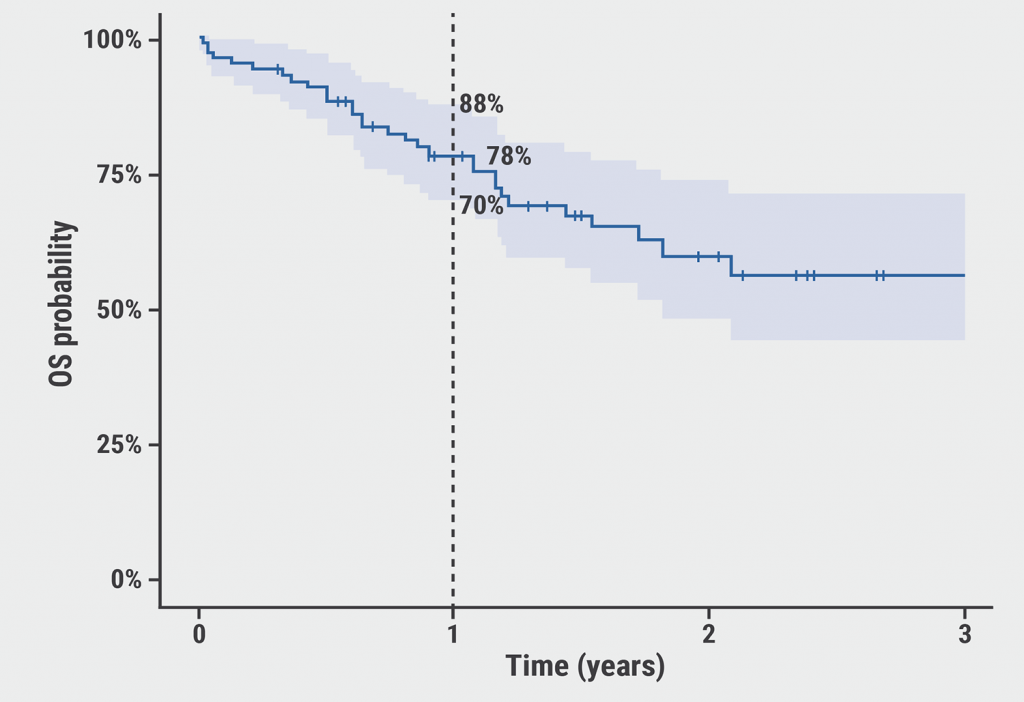Reference: Shai Shimony, et al. Blood Adv 2023;7(18). https://doi.org/10.1182/bloodadvances.2023009976
Originally Published By Physician’s Weekly. Reused by Medicom Medical Publishers with permission.
©2023 Physician’s Weekly. All rights reserved. No works may be reproduced without expressed written consent from Physician’s Weekly. Inquire about licensing here. No article should be construed as medical advice and is not intended as such by the authors or by Physician’s Weekly.
Posted on
Previous Article
« How can we further improve lymphoma care? Next Article
How should multiple myeloma research change in a patient-oriented world? »
« How can we further improve lymphoma care? Next Article
How should multiple myeloma research change in a patient-oriented world? »
© 2024 Medicom Medical Publishers. All rights reserved. Terms and Conditions | Privacy Policy
HEAD OFFICE
Laarderhoogtweg 25
1101 EB Amsterdam
The Netherlands
T: +31 85 4012 560
E: publishers@medicom-publishers.com


